According to Google search statistics, there is an average of 3.5 billion searches per day in Google (Internetlivestats, 2019). While digital marketers monitor consumer behavior that changes almost every 5-10 years, they also need to track their habits in search engines. Before analyzing users’ behavior on search engines and websites, we need to know how search engines work and what motivates them.
What Motivates the Search Engine?
• Serving relevant results to the searcher so they can earn revenue.
• Serving popular results to the searcher so they can earn revenue.
• Keeping searchers on web properties they own so they can earn revenue.

So basically, revenue is the only thing search engines care about.
What Motivates the Searcher?
• Relevant results.
• Relevant results on anything/everything they’re searching for.
• Relevant results on anything/everything they’re searching for right NOW.

Keyword Categories
There are 2 main categories for search queries:
Discoverable keywords (non-branded queries) – Being found when they are NOT looking specifically for you.
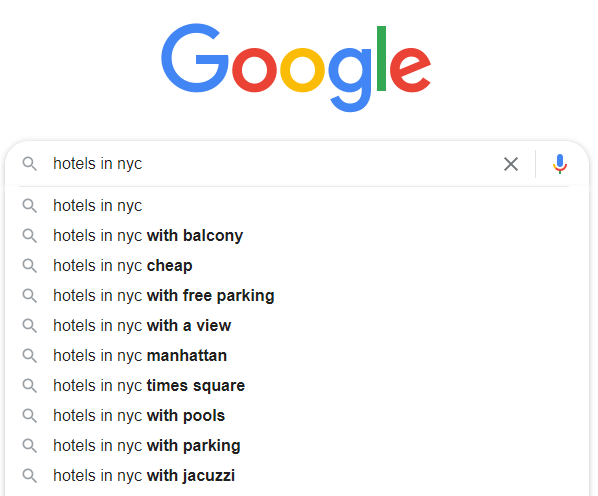
Available keywords (branded queries) – Being found when they are looking specifically for you.
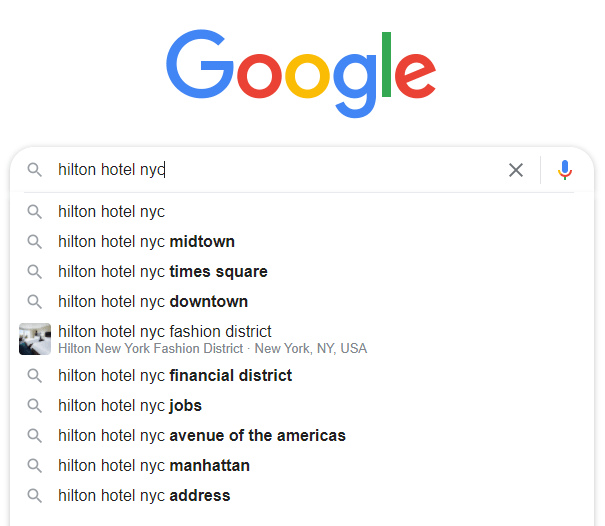
For example, if the user looking for a hotel that is suitable for their expectations and searches “hotels in NYC” that would be a discoverable keyword. But if the user searches the exact name of your hotel, that would be an available keyword.
Why and What People are Searching for in Search Engines?

The main purpose of this blog post is to understand searchers’ INTENT. EACH SEARCH QUERY CARRIES THE INTENT AND CONTEXT OF AN INDIVIDUAL. The initial level of search engine optimization is to determine the intent of searchings.
But what does that mean?
Intent – What is the prospect searching for?
Context – Why are they searching for it?
Let’s check out the examples:
“I want to take a digital marketing course (INTENT) because I want to become a digital marketer (CONTEXT).”
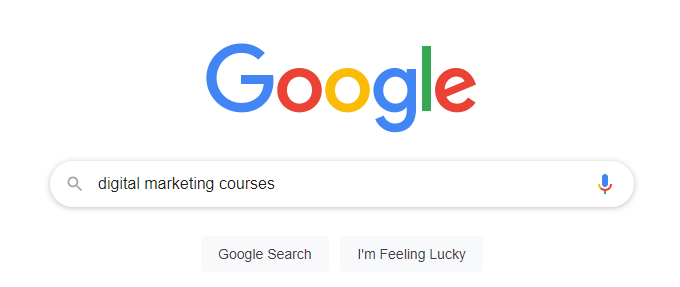
“I am looking for a hair salon (INTENT) because I want to get a new haircut (CONTEXT).”
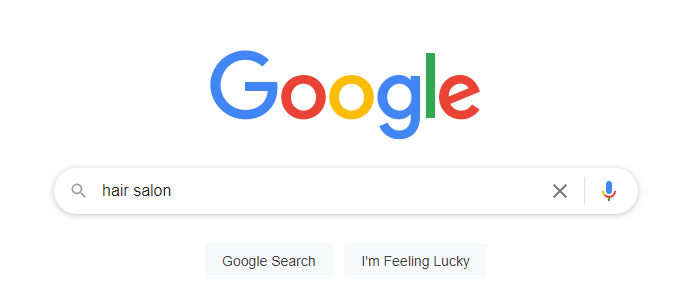
“I want to learn yoga (INTENT) because I’m having trouble falling asleep (CONTEXT).”
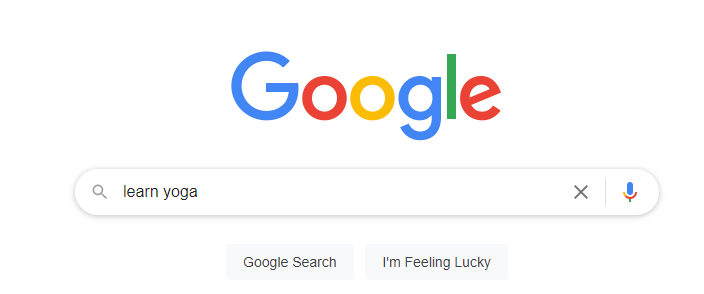
“I am looking for romantic restaurants near me (INTENT) because I want to take my wife to romantic dinner for our anniversary (CONTEXT).”
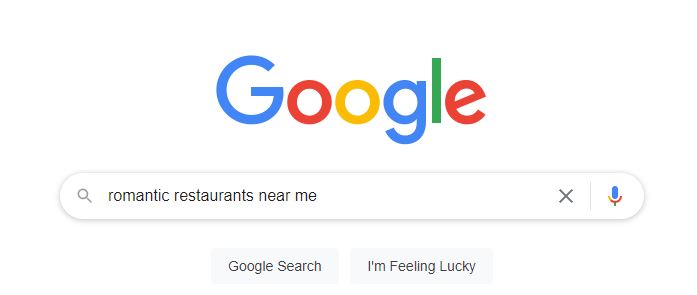
You’ll find groups of people with different intents and contexts. Each intent and context represent a search query. So, before you make keyword research, make sure you find the intent and context of search queries. After determining these search purposes, now it will be much easier to make keyword planning.

